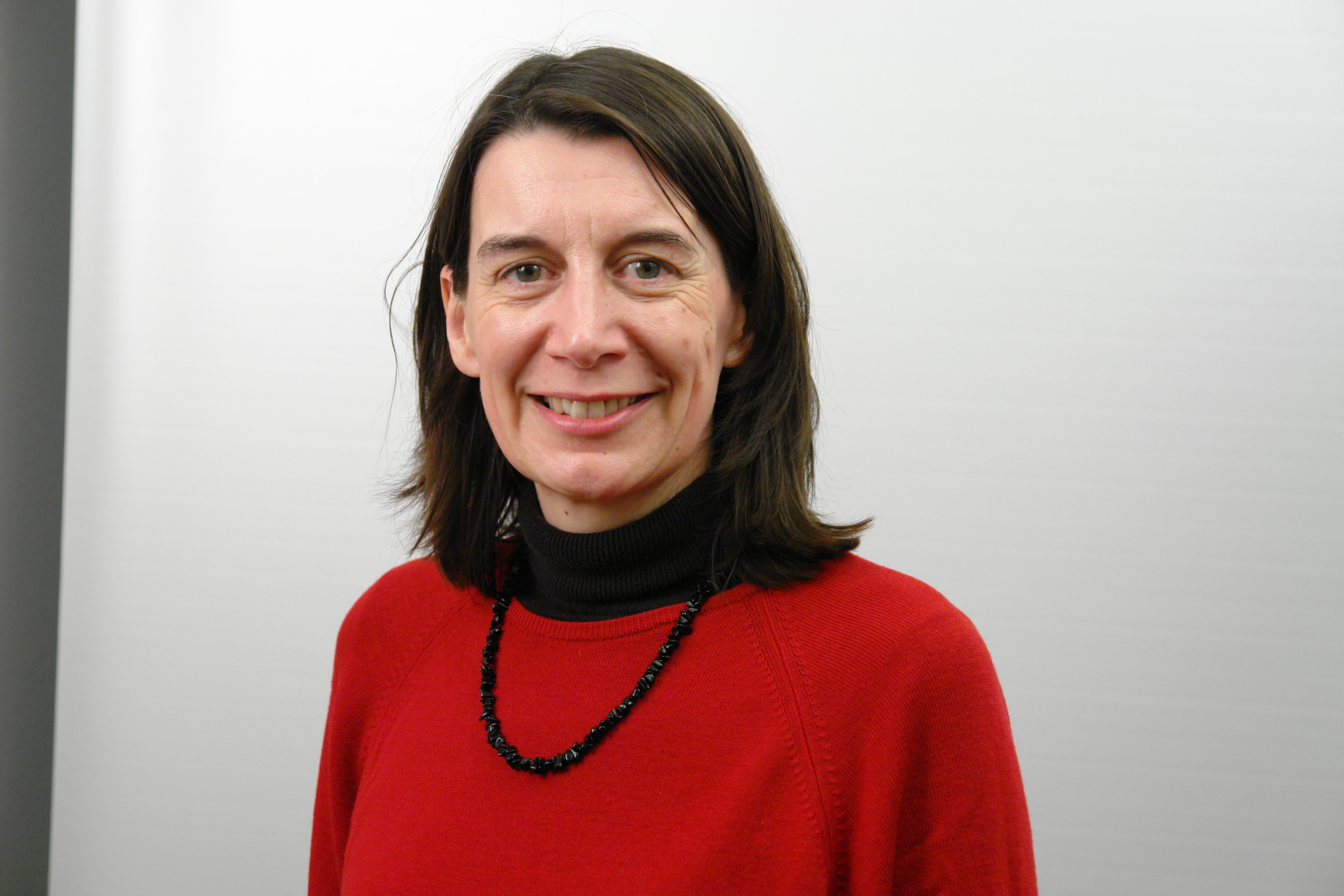 Anna Magdalena is most certainly known to have been a close collaborator with Bach (let’s call him Sebastian Bach, just for today, as that was his name within his family, which had numerous other Johanns). Though we know her best as his amanuensis and his most important copyist (as far as I know, anyway), Jarvis is now engaged in portraying her as a composer in her own right. Not only a composer, but the actual composer of several important works thus far considered to have been by Sebastian Bach.
Anna Magdalena is most certainly known to have been a close collaborator with Bach (let’s call him Sebastian Bach, just for today, as that was his name within his family, which had numerous other Johanns). Though we know her best as his amanuensis and his most important copyist (as far as I know, anyway), Jarvis is now engaged in portraying her as a composer in her own right. Not only a composer, but the actual composer of several important works thus far considered to have been by Sebastian Bach.I do not have either the experience or the materials or the skills to have an independent opinion one way or another. Most Bach lovers love Anna Magdalena for various reasons: she was the beloved companion of Sebastian Bach, considered to be a greater soulmate than the composer could have expected to have, at that time in history. The marriage was evidently largely a happy one, for which fact posterity should be thankful, and Anna Magdalena’s excitement about all things musical was ostensibly the direct cause of the view that we in the 20th and 21st centuries have of the musical activities in the Bach home. It is difficult to explain to those who are indifferent to Bach and his music how great a joy it is for the rest of us to know that this wonderful family lived and worked in 18th century Leipzig. If Anna Magdalena were to be definitively ascertained to be the composer of some of the works currently ascribed to Sebastian Bach, no one would be more delighted than I, and I’m sure I would not be alone, despite the inconvenience it would cause to those who are interested in the artifacts of Bach and his bequest to the world from a financial point of view.
Confusing all of this is the fact that it is entirely possible that Anna Magdalena contributed significantly to the actual composition of quite a lot of Bach’s opus. The paradigm of “one creation, one creator” is difficult to defend. Sure; for various practical reasons, legal and commercial, it is good to identify a single creator for each work. But anyone who has witnessed creativity in progress knows that it has collaborative elements that cannot be denied.
“That sounds terrible!”
“Why?”
“I don’t know ... too dominant-ey!”
“I want it that way!”
“No, it’s too much. I think it could go ...<singing> or <more singing> ... you know?”
 |
| Ruth Tatlow |
Arch




No comments:
Post a Comment